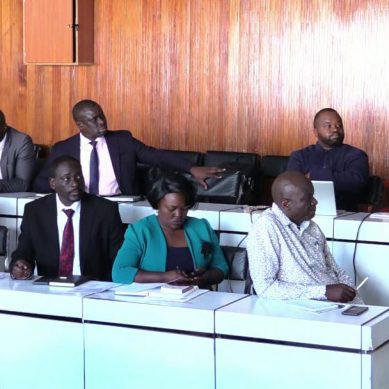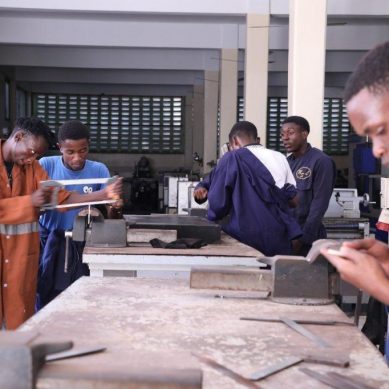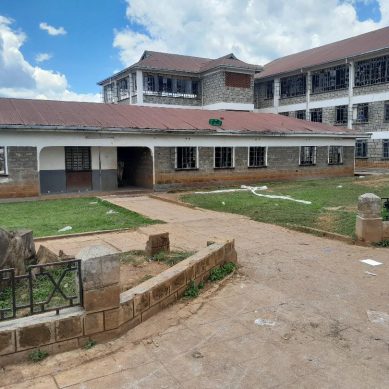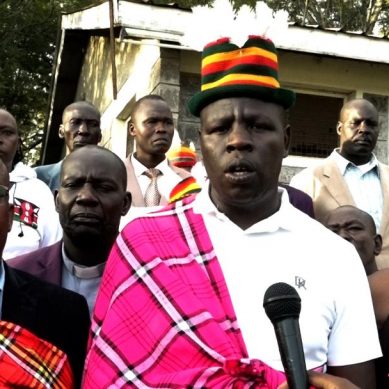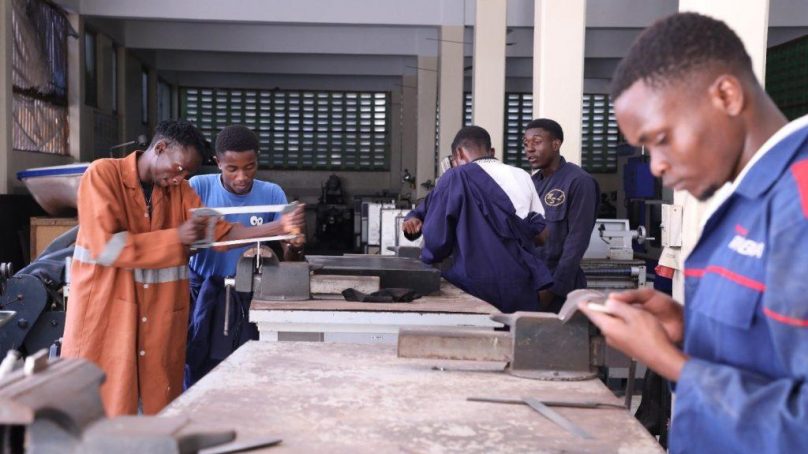
The Africa We Want: World Bank to hold jobs policy meeting in Nairobi to discuss Africa’s skills gap
World Bank Group is set to convene a high-level Africa Skills for Jobs Policy Academy in Nairobi, Kenya, to address the skills gap on the African continent.
The event, scheduled to take place from September 30 to October 3, 2025, will congregate around 250 participants from more than 20 countries in Sub-Saharan Africa.
Further, the academy will focus on sharing evidence-based approaches, examining emerging skills demands in key sectors, including agribusiness, energy, health, manufacturing and tourism, and developing actionable plans to reform technical and vocational education and training (TVET).
Participants will also engage through keynotes, panels, case studies, field visits and peer learning, gaining tools to assess demand, governance, industry linkages, financing, micro-credentials and technology integration.
Organised in collaboration with the government of Kenya and the Inter-University Council for East Africa (IUCEA), the event will bring together policymakers, World Bank task team leaders, representatives from the ministries responsible for finance and economy, TVET/skills development and agencies and private sector representatives to address Africa’s skills crisis.
Coinciding with the official launch of the African Continental TVET Strategy 2025-2034, the event will serve as a platform for policymakers and stakeholders to engage and co-create innovative solutions aligned with the vision of ‘The Africa We Want.’
Notably, this initiative builds on and complements existing programmes such as the East Africa Skills for Transformation and Regional Integration Project (EASTRIP) that have demonstrated the impact of targeted skills development in flagship institutions.
Additionally, the programme supports countries in repositioning TVET as a flexible, inclusive and demand-driven system for skilling, reskilling and upskilling at scale.
World Bank Group Regional Vice President for Eastern and Southern Africa Ndiame Diop established that the Skills for Jobs Africa Policy Academy brings governments, industry and development partners together to co-create solutions and reforms that will lay the foundation to ensure a bright future for Africa’s youth and future generations.
“We invite policymakers, donors and businesses to engage, invest and partner with us to transform Africa’s skills landscape,” Diop said in a press statement.
Concurrently, the academy will seek to address and provide solutions to systemic problems in Africa’s job market, where more than one million youth enter the labour market every month. It is estimated that up to 86 per cent of available jobs are in the informal sector. Yet, many young people lack job-relevant skills for both informal and growth priority sectors.
In view of the foregoing, the Executive Secretary, Inter-University Council for East Africa, Prof Gaspard Banyankimbona, pointed out that persistent system-level challenges, such as limited funding, fragmentation of training provision, weak coordination with industry, poor foundational skills, a mismatch between training content and actual job requirements and lack of effective career guidance and job matching platforms, serves to undermine the responsiveness of skilling systems to evolving labour market needs.
“Africa’s youth need hands-on and quality technical and vocational education to thrive in a rapidly changing labour market,” Prof Banyankimbona said. He added that TVET can be a catalyst for economic growth and social inclusion when aligned with industry demands.
Meanwhile, the academy is poised to provide a platform to reimagine Africa’s skills development ecosystem, focusing on: skills demand and economic and sectoral policies, employer engagement and job placement, skills supply systems including governance, financing, quality standards, digital transformation, monitoring and evaluation and school-to-work transitions for youth.
With global megatrends such as digitalisation, artificial intelligence, green skills and climate change reshaping the future of work, the academy will underscore the urgency of demand-driven, inclusive and high-quality skills systems that can support upskilling, reskilling and lifelong learning for diverse groups, including youth, women in both formal and informal sectors.
- A Tell Media / KNA report / By Michael Omondi
